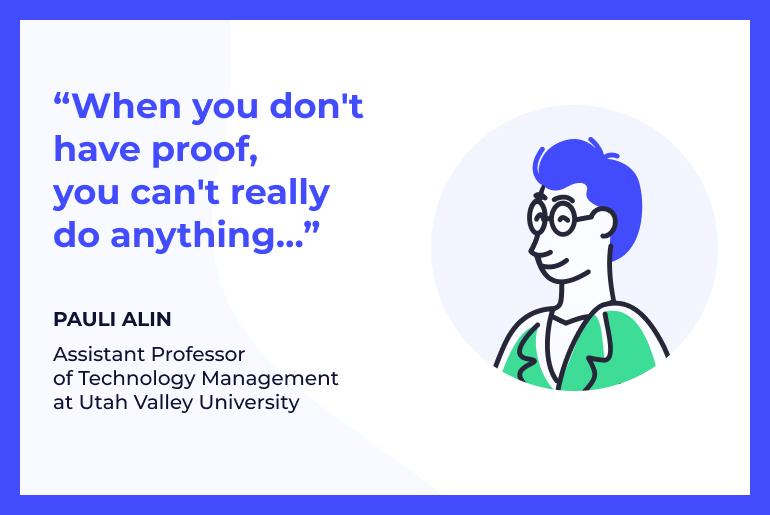As good and effective educators, we always want to improve. Improvement is something we instill in our students and it would be hypocritical to not expect the same from ourselves. Students are the center of our classroom and they are where we can find the most relevant information about how to be better at our jobs. If we are not delivering effectively to the “customer” how can we ever expect them to leave our courses satisfied, and hopefully, better.
This all comes down to feedback. Perhaps the age old survey or questionnaire is still useful, but with today’s tech tools for the classroom, and with students engaging more with these tools, there are better ways to garner the honest opinions you need.
1. Learn How to Ask the Right Questions
Often it is discovered that feedback, written or in other forms, can be useless to teachers because few students respond, or they quickly fill in the forms, or don’t think their opinion matters much. But if the questions weren’t so repetitive, generic and mundane, they may generate better results. At the end of the course, especially after the students leave, there is little sense that anything will matter at this point. Try questions
- about particular aspects of the course, even individual lessons
- around the impact of a particular assignment or instructional approach
- about broader aspects of the course such as a policy or practice and how it impacts the students ability to learn in the course
2. Focus Groups
Just like in the marketing world where consumer impressions help producers understand products, students’ impressions and opinions are valuable when assessing a course of study. Even individual lessons can be criticized for their impact and ideally become improved where necessary. Some teachers like to do this informally by gathering their class in a casual circle and use questioning strategies to hear what they truly felt about the course. Recording the conversation with a tool such as Evernote will make it easier to review their comments.
- What were the things you really liked about this course? And the things you really didn’t like?
- What was the most boring thing we did in this course? How can we make it more interesting?
- What do you wish we had more time for ?
- How can I improve the ___ ( insert your own particular initiatives)
Ideally, your students are left with an overall impression that had a positive effect on them. These are great starting blocks here for you to begin revising and making the most of the course for its next run. Start with the worst lesson, and make it the standout star the next time!
3. Online Surveys
The survey method still works for most teachers, but making it easier and perhaps more anonymous for the students will likely yield the better feedback you need. Consider running a survey during the course, which allows for room for improvement, sometimes before things decline. By using a tool such as Google Forms you can devise questions that allow for more open-ended responses, which can mean a more personal approach. We all know some students don’t like to say certain things with an audience of their peers, so the opportunity is perfect for this.
- Is there something you wish we could have discussed this year?
- Name something that would have made me a better teacher.
- Is there something about this class I should have known about that would have made me a better teacher?
- Can you leave me with something encouraging that I can be sure to bring to the next class?
You can gather the responses and review the common threads with a tool like Wordle. The details in the responses will really help you shape your next steps in the delivery of the course.
4. Anonymous Notes
Remember the old “Suggestion Box”? Sure, it was often filled with insults, criticisms or just someone’s complaint, but it also can be the place to find a hidden gem that can make a huge difference. Make a point of letting your students know they can genuinely leave you a note any time. To avoid looking like a “snitch”, insist they are anonymous. If necessary, encourage this for the last day so the students are assured there are no repercussions for their comments. Have a thick skin – you will get a wide range of verbal expressions!
Another great source for student feedback – is other educators. Ask colleagues about where they have received the best feedback. Great teachers are never afraid of the feedback that leads to improvement. They welcome the hard conversations. As one who is regularly assessing others, the introspect from assessing yourself, is invaluable.





